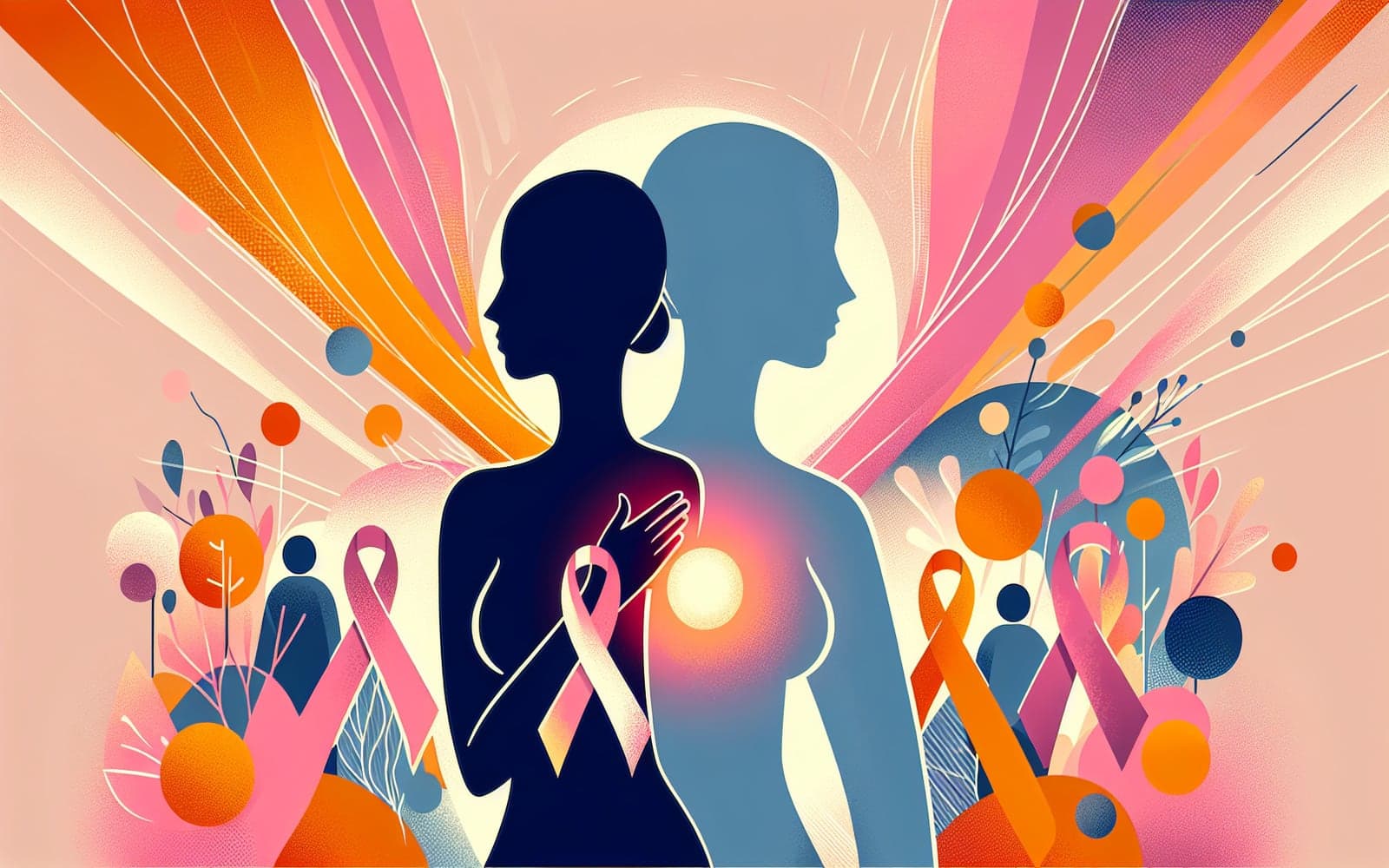What You Need to Know About HER2-Negative Breast Cancer
Published: Dec 11, 2023

Medically reviewed by Alan Lucks | MD, Alan Lucks MDPC Private Practice - New York on December 11th, 2023.
HER2-negative breast cancer is a common type of breast cancer with unique challenges and treatment options.
Contents
What is HER2-Negative Breast Cancer?
HER2-negative breast cancer is a type of cancer that does not overexpress the HER2 protein. This makes it different from HER2-positive cancers, which often require targeted therapy. Instead, treatment often involves surgery, chemotherapy, and hormonal therapy, depending on the cancer's hormone receptor status.
Treatment Options
The choice of treatment for HER2-negative breast cancer depends on several factors, including tumor size and hormone receptor status. Common treatments include surgery, chemotherapy, and for hormone receptor-positive cancers, endocrine therapy. New research continues to explore additional treatment options and improve outcomes.

The Role of Chemotherapy
Chemotherapy is a key treatment for HER2-negative breast cancer, especially for aggressive forms like triple-negative breast cancer. It can help reduce the risk of recurrence and improve survival rates. Patients should discuss the benefits and risks of chemotherapy with their healthcare provider to make informed decisions.
Frequently Asked Questions
It's a type of cancer that doesn't overexpress the HER2 protein.
Treatment includes surgery, chemotherapy, and sometimes endocrine therapy.
It depends on the cancer's characteristics and patient preferences.
Research is ongoing to find new treatment options.
Key Takeaways
Understanding HER2-negative breast cancer is crucial for making informed treatment decisions.
Learn more about your treatment options by consulting with Doctronic today.Related Articles
References
Early Breast Cancer Trialists' Collaborative Group (EBCTCG), Comparisons between different polychemotherapy regimens for early breast cancer. Lancet 2012; 379:432.
This article has been reviewed for accuracy by one of the licensed medical doctors working for Doctronic. Always discuss health information with your healthcare provider.

